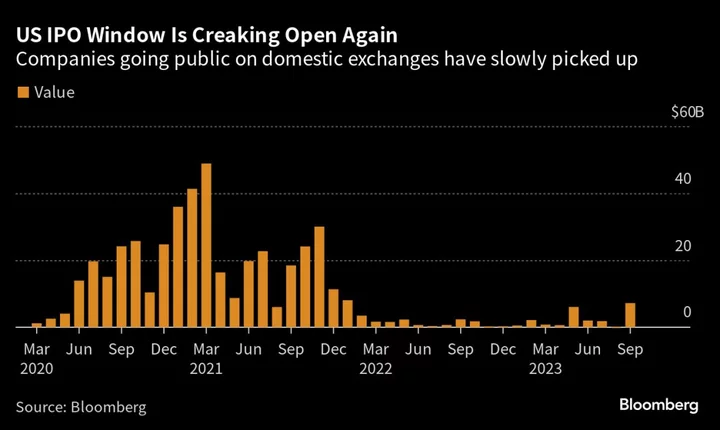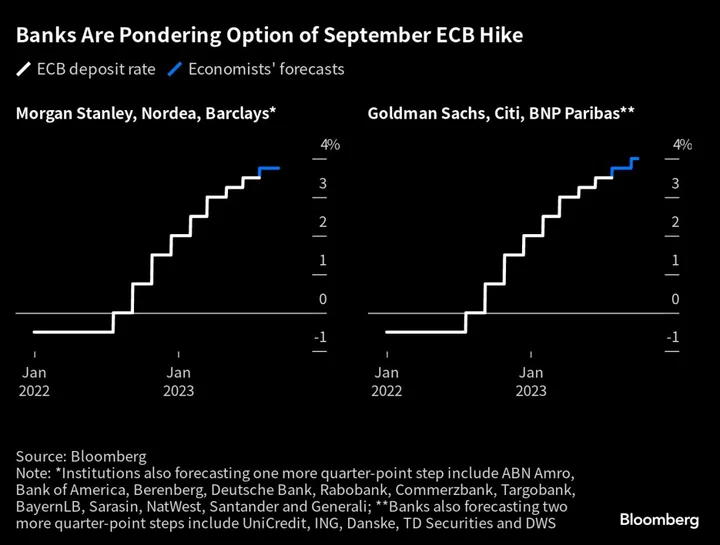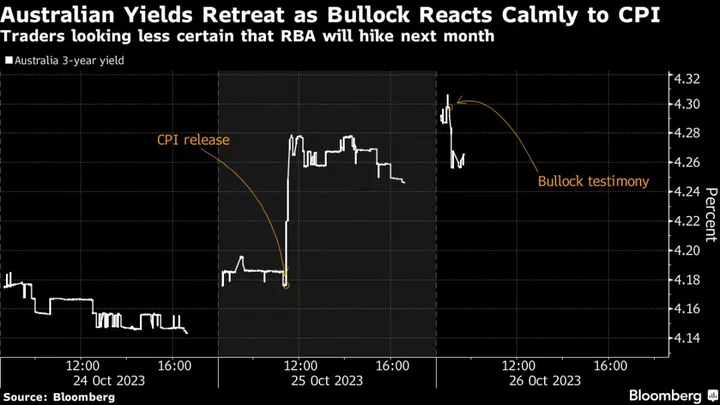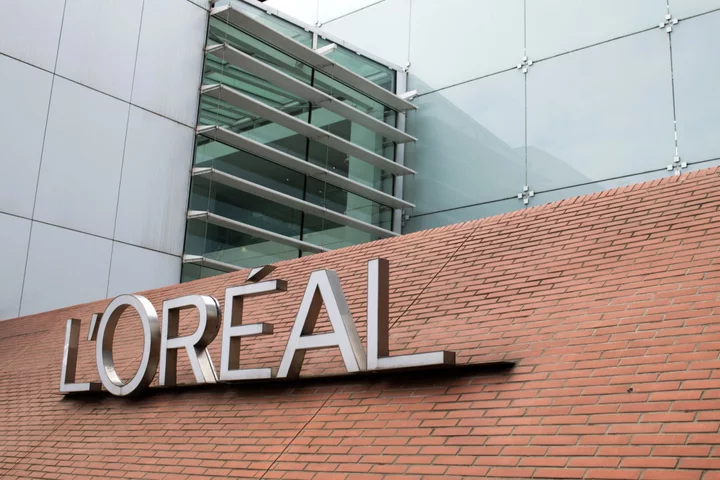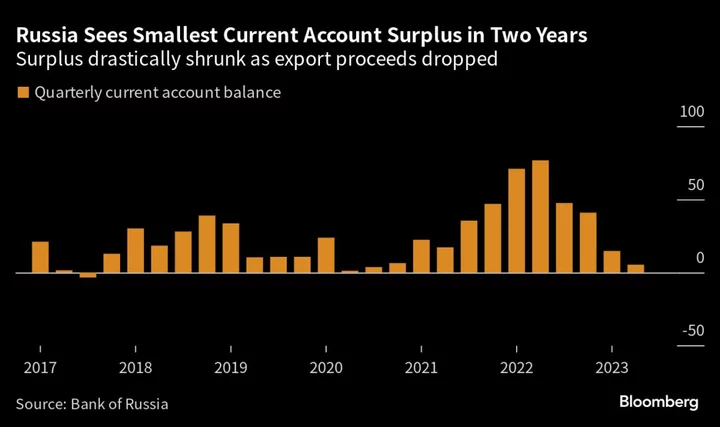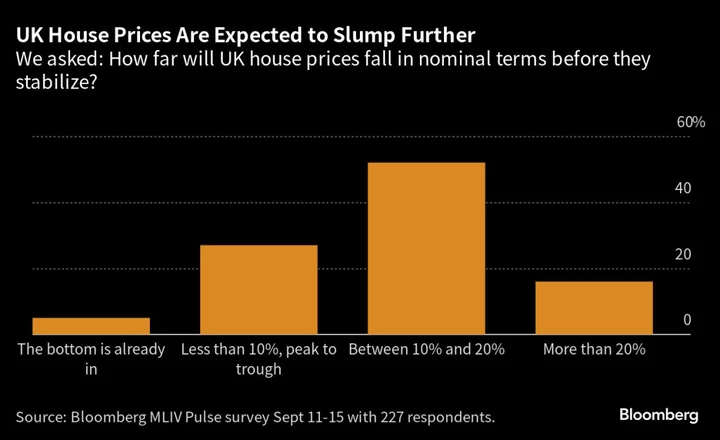Wall Street is preparing for a wave of spinoffs as a slew of household-name companies moves to streamline operations.
Within the next two weeks, Kellogg Co. will separate its North American cereal business from its portfolio of snacks, frozen foods and emerging-markets brands; Danaher Corp. is spinning out Veralto Corp., its environmental and applied solutions segment; and Aramark will carve out Vestis, its uniforms and workplace supplies business.
The most closely watched deal comes early next year, when General Electric Co. plans a spinoff of its power-equipment and renewable-energy businesses, a final step that will divide the former corporate titan into three separate stocks. Indeed, GE’s breakup is considered a prime example of Wall Street’s faded love affair with conglomerates.
The transactions are set to land as investors show more interest in newly listed companies, with US initial public offerings perking up for the first time since early 2022. Over the past two weeks, companies raised about $7 billion through IPOs on US exchanges, with Arm Holdings Plc and Instacart making highly anticipated debuts.
Unlike in an IPO, no new shares are offered to the market in a spinoff. In a spinoff, stock of the new company is distributed to existing holders in proportion to the amount they own in the parent.
The move to break up conglomerates is nothing new. Investors have been pressing Corporate America to focus on profitability and more specialized business models for much of the past two years since the Federal Reserve launched a policy-tightening campaign that battered markets. The catch is that spinoffs historically have yielded mixed investment results for the new entity and the legacy business.
“Our dialogue remains quite high with respect to additional potential strategic spins, and I would expect that the current cycle is far from done,” said Mark Schwartz, Ernst & Young’s Americas IPO and SPAC advisory leader. However, he said, “not all spins are created equal.”
In the case of GE, for example, its shares have risen 36% since the company announced plans to form three different companies in November 2021. That’s in addition to a roughly 8% gain for its already separated health unit — GE HealthCare Technologies Inc. — since its December debut. Meanwhile, Fortune Brands Innovations Inc.’s separation of MasterBrand Inc., also in December, has fueled a return of more than 20% for both stocks.
Fewer Fans
Other deals have been less successful, with investors criticizing some of the underlying drivers. Take Honeywell International Inc. Shares of its former auto supplier Garrett Motion Inc. are down more than half since a 2018 debut, and the company blamed its erstwhile parent Honeywell for saddling it with asbestos liabilities that led it into bankruptcy.
More recently, Kenvue Inc. — carved out from Johnson & Johnson in May — has struggled to win investor confidence despite a portfolio of well-known products including Listerine and Tylenol. It’s also facing exposure to lawsuits related to Tylenol, and some analysts see its $40 billion valuation as limiting the stock’s upside.
More broadly, the Bloomberg US Spin-Off Index has returned 45% over the past four years, trailing a return of almost 60% return for the benchmark S&P 500 Index in the same stretch, when including dividends.
Smaller firms are also pursuing spinoffs. Vista Outdoor Inc. will separate its outdoor products and sporting products businesses into independent companies by the end of the year. And NCR Corp.’s planned split, expected to close in the fourth quarter, will create a company focused on digital commerce and another on ATM-based businesses.
Of course, it isn’t simple to carve a company out of an existing entity. 3M Co. last week said it would delay the separation of its health care until the first half of next year to give the new company’s chief executive, Bryan Hanson, “a little bit of time to immerse himself in the business.”
The trend of conglomerates carving out operations isn’t limited to the US. Swiss drugmaker Novartis AG will split its generic pharmaceuticals business in the coming weeks.

